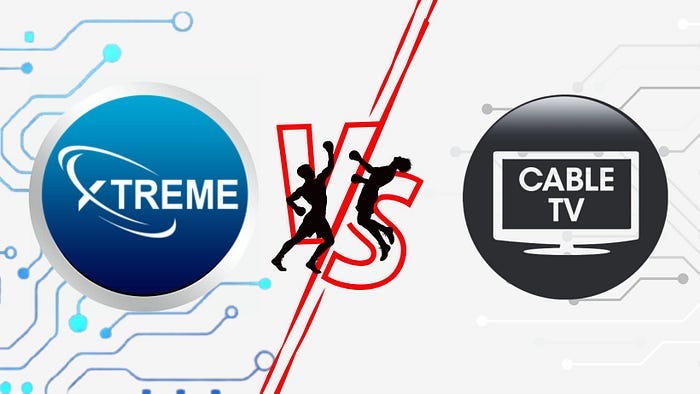IPTV vs. Traditional TV: A Detailed Comparison
The landscape of television is changing rapidly, and understanding these changes is crucial for any modern viewer. Here’s a comprehensive comparison between IPTV and traditional television:
1. Technology and Quality
IPTV: Utilizes internet protocols, offering streaming content with potentially higher quality, depending on the internet connection.
Traditional TV: Relies on satellite or cable transmission, with quality often limited by the broadcast technology.
2. Content Availability and Variety
IPTV: Offers a vast array of content that can be accessed anytime, including live TV, on-demand shows, and exclusive online content.
Traditional TV: Provides a set number of channels based on your subscription, with limited on-demand options.
3. Flexibility and User Experience
IPTV: Highly flexible, allowing viewers to watch content on various devices and platforms, often with personalized recommendations and interactive features.
Traditional TV: Generally limited to the television set and offers a more static viewing experience.
4. Pricing and Subscription Models
IPTV: Often more cost-effective with various subscription models, including pay-per-view and tailored packages.
Traditional TV: Typically involves fixed monthly fees with less flexibility in choosing specific channels or content.
5. Future Potential and Adaptability
IPTV: Continuously evolving with technology, offering the potential for more interactive and integrated viewing experiences.
Traditional TV: Faces limitations in adapting to new technologies and changing viewer preferences.
Conclusion
The choice between IPTV and traditional TV largely depends on what you value most in your viewing experience. IPTV offers flexibility, variety, and a personalized experience, fitting seamlessly into the digital lifestyle of modern viewers. As we move forward, IPTV’s adaptability and integration with emerging technologies make it a compelling choice for the future of television.
Related Articles:
FAQs:
- Can IPTV provide the same channel variety as traditional TV? Yes, IPTV often offers a wider range of channels, including international options not typically available on traditional TV.
- Is the switch to IPTV a cost-effective choice? Yes, IPTV can be more cost-effective, offering flexible subscription models and often lower overall costs for a broader range of content.


